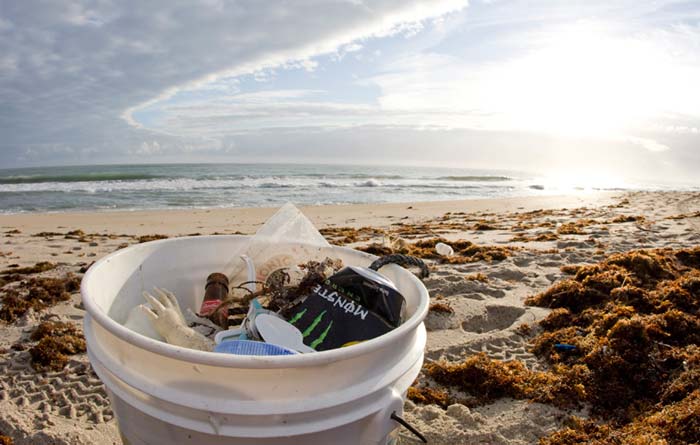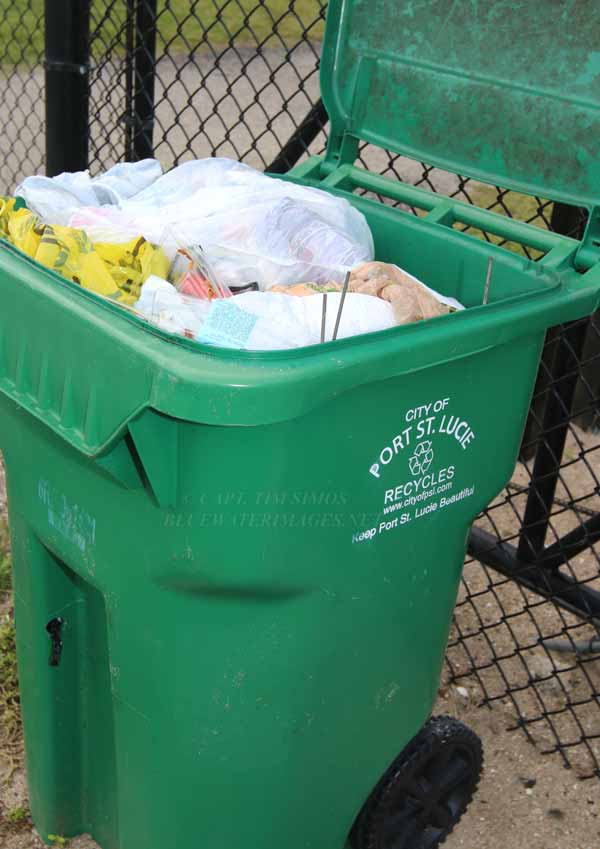
Clever Recycle
Problems In Recycling
Contamination
The biggest thing hurting the recycling industry today is the contamination of a batch of material. That is the primary reason that China will not accept any more shipments from the United States.
Then there is also the recyclable material that gets thrown out with trash and goes straight to the landfill. This may happen because some consumers do not care enough to recycle. Or this can also happen because there is not a recycling option next to a trash can.
There are two things that Clever Recycle is doing to improve these problems. We are getting more recycle containers out there and we are also reducing the rate of contamination with our innovative designs.
When our recycle bins are placed next to a garbage receptacle, we found that more than 90% of recyclables that could have gone into the trash bin, went into the Clever Recycle bins.
The first data on how much recyclable material vs non-recyclable material(contamination) was placed in the bins was also reassuring. Upon emptying the bins, we found the contamination rate was less than 5%.
When something was placed in the bins, it was almost always something that the user thought was recyclable, such as a white Styrofoam coffee cup or an empty plastic bag.
The Source
At the root of the problem is the source of recyclable materials. There are too many things that are manufactured and used today that are single use or disposable. One example is the plastic shopping bag.
There are 60 countries that have banned the single use plastic shopping bag. The first country to do this in 2002 was Bangladesh after the bags contributed to major flooding from clogging storm drains.
We need to reduce the amount of recyclable material that is produced and also increase the amount that is recycled. The amount of plastic that is recycled is about 10% worldwide. Increasing the amount that is recycled will not have as much of a positive effect as reducing the amount of material that is produced.
An analogy to this is when a toilet is over flowing. Getting more mops and buckets is not as effective as shutting off the water to the toilet.






Feel free to send your comments to:
Email: ArtsOfWire@aol.com
Phone: 772-475-0333
www.CleverRecycle.com

